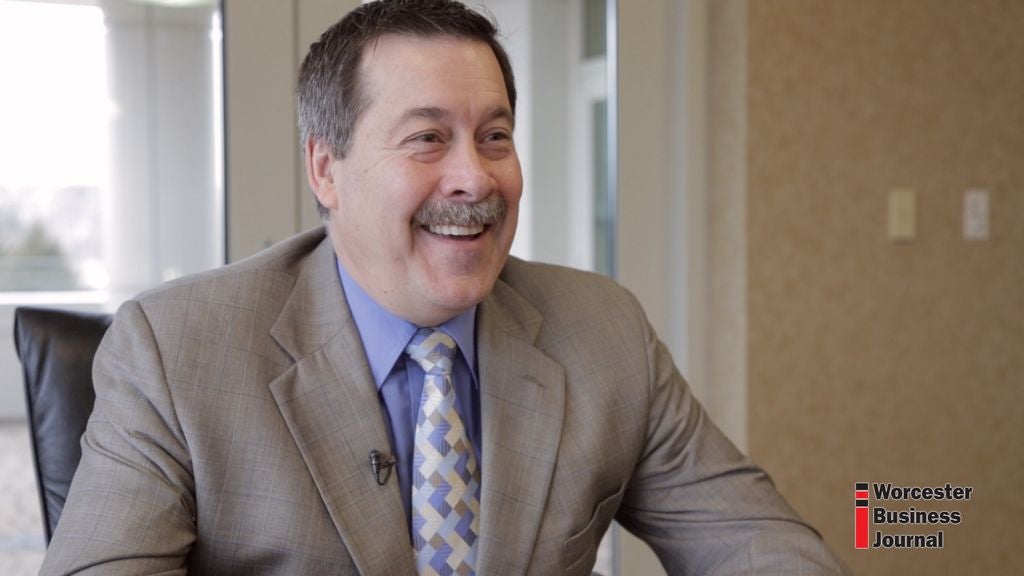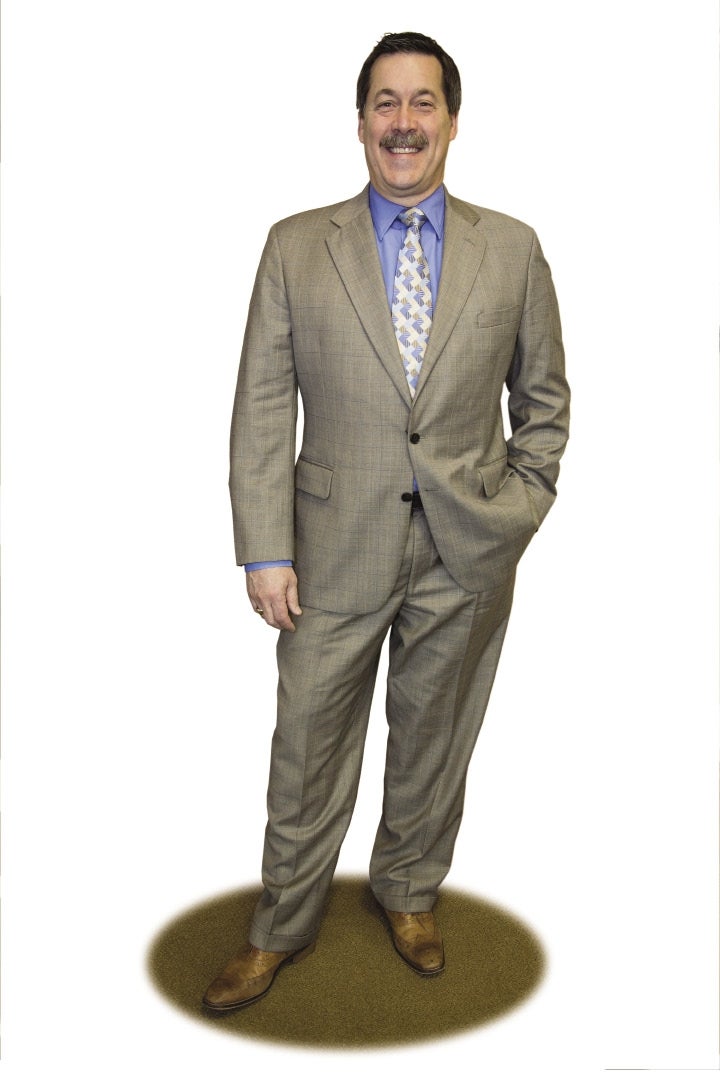
It’s been around since 1928, when a group of men in Webster wanted to provide deposit and loan services. Nearly 90 years later, a much larger Webster First Federal Credit Union — one of the five largest credit unions in Central Massachusetts — is based in Worcester and doing business throughout Central and Eastern Massachusetts. It was helped in part when it acquired Industrial Credit Union, based in downtown Boston, earlier this year. Mike Lussier, who has led Webster First since 1990, has been a nationwide advocate for credit unions during that span.
What has enabled Webster First to expand well beyond Worcester County in recent years?
One of the opportunities we had about four years ago was to merge with the Saugus Federal Credit Union. Their field of membership included Middlesex, Essex and Suffolk counties, (whereas) Webster was only in Worcester County. We were able to combine their field of membership with ours, which pretty much allowed us to go from Worcester County all the way out to the shore.
How important will it be to have a presence in Boston?
It allows us to be somewhat of a competitive financial institution out in that area. It also helps serve our members because we have a lot of members who work out into Boston.
Generally speaking, what do you look for most when you look to acquire another entity?
First, you have to look at what their purpose is. Is their purpose similar to what yours is? Most of the credit unions we’ve merged with throughout the ’90s and the recent past have pretty much all been community credit unions that are there to serve the people (who) live and work within the communities they serve.
You’ve testified before Congress regarding the virtue of credit unions in promoting, among other things, thrift. In general, does Washington get that message?
Washington does get the message. I think a lot of congressmen respect what credit unions bring to the table. What you do have, though, is a larger number of banks that petition against the credit union movement constantly. But that’s been (that) way since 1928 or 1929.
To that point, banks have criticized credit unions for getting what they would argue is special treatment. Why do you believe otherwise?
One of the things you see is that banks feel we’re getting special treatment. Why don’t they convert to a credit union? And nobody wants to. Of course, the first issue they come to is the taxation (issue), or they try to limit us, or they always complain that we have higher dividends that we pay back to our members. But it all falls back to field of membership; our institution is owned by the members, our board members are volunteers.
Credit unions also have defined membership parameters, specifically geography. Is that an advantage as opposed to banks that compete against other banks in different markets?
Actually, it’s not an advantage at all. (Geography is) one of the credit union restraints that we say is not fair for us, because I just can’t open up and take anybody in as a member like a lot of the community banks can do.
You’re probably an anomaly in that you’ve worked in the same role for 25 years. Is there anything you do to keep things fresh as if it were still 1990?
I think one of the things you’ll find is that the credit union pretty much always stays ahead of technology. … We’ve always had the best of the systems.
What about you over the past 25 years? How have you changed?
I’ve become older (laughs). Since I came into the field (in 1987) and when I became president, I’ve pretty much run the gamut of seeing what the industry does, where we’ve taken it. I’ve been fortunate enough to be on plenty of boards to really see everything from a state level to a national level.
Video

